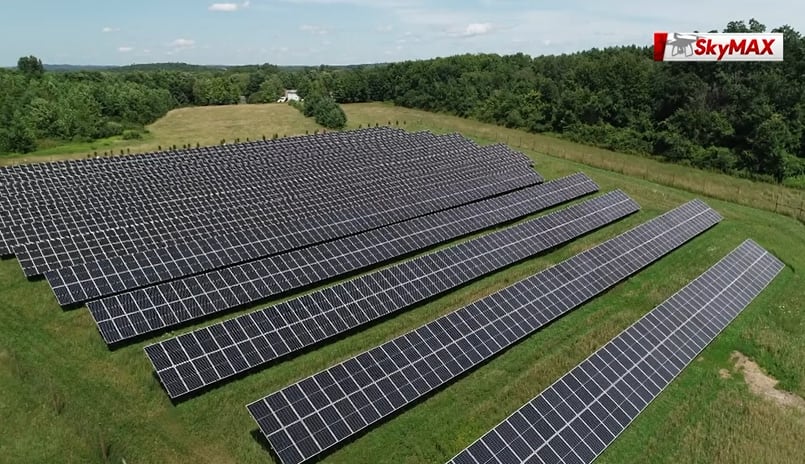MONTPELIER, Vt. (WCAX) – A battle over clean energy and where Vermonters get their power is expected to come to a head later this week. A bill requiring utilities to source power from all renewable sources by 2035 faces a veto threat from Governor Phil Scott over affordability.
The Renewable Energy Standard would require the state’s larger utilities to source 100% of their power from hydro, wind, and solar by 2030. Smaller utilities would have until 2035. It would require the state of Vermont to ramp up in-state production of renewable energy.
“If our goal is to reduce our emissions and to come to a carbonless society, we will have to pull on all strings. And if we can do it at an affordable way for Vermonters, we’ll choose that route,” Gov. Scott said Wednesday.
He points to utility a decarbonization plan his team put together after hearing from Vermonters concerned about affordability. The Vermont Department of Public Service says their plan would have been a fraction of lawmakers’ estimated $1-billion price tag. The biggest bulk of the cost would come from building out electric infrastructure.
“Vermonters said we value affordability but they never put a number on that,” said Peter Sterling with Renewable Energy Vermont, a trade association representing wind and solar companies. He says the governor’s concerns are misplaced and that the administration didn’t define what affordable meant. “We believe the Legislature’s proposal is in line with Vermonters. We don’t want to see nuclear, we want to see solar on peoples’ rooftops, and we want to see aggressive action toward climate change.”
The plan also requires Vermont to produce 20 percent of its energy in-state.
Scott Johnstone, the general manager of Morrisville Water & Light, a utility serving some 4,200 customers, says small utilities like theirs are already on track to be 100 percent renewable without the law. He says another major test will come as state lawmakers next year finalize a sweeping thermal energy bill aimed at incentivizing weatherization and cold climate heat pumps. “Our distribution system may have to double in size, but again, with the cost-benefit electricity has versus oil, gas, and propane, you’ll still pay less in the end than you pay today,” Johnstone said.
It’s still an option question whether lawmakers have the votes to override the expected Renewable Energy Standard veto. The bill passed the House with 99 votes and 18 votes in the Senate — both short of the two-thirds needed.

